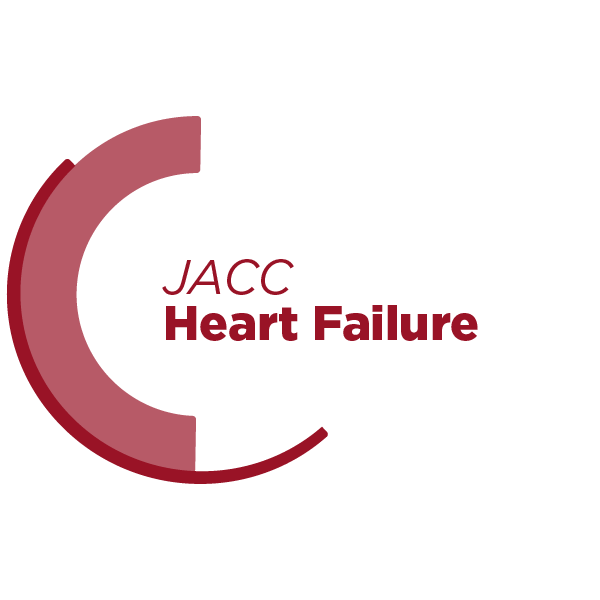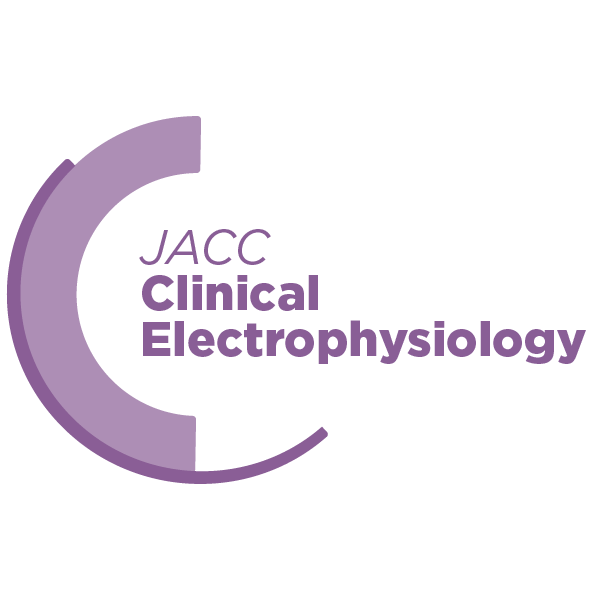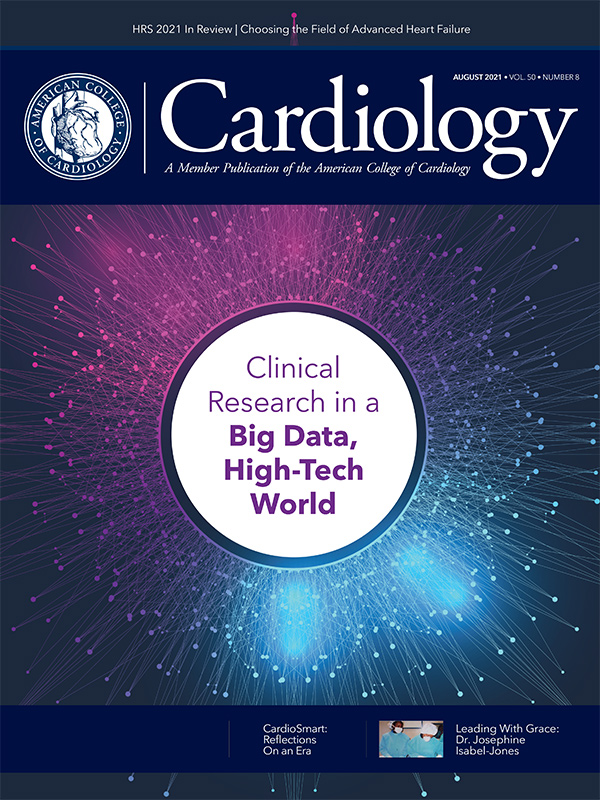JACC in a Flash
Featured topics and Editors' Picks from all of ACC's JACC Journals.

Empagliflozin may be an effective treatment for reducing cardiovascular death and hospitalization for heart failure (HF) across three phenotypes of type 2 diabetes (T2D) patients with varying cardiovascular risk, according to a study published in JACC: Heart Failure.

In patients with type 2 diabetes, the duration of diabetes may be associated with an increased risk of incident heart failure (HF), according to a study published in JACC: Heart Failure.

Clinician well-being is imperative to providing high-quality patient care, yet clinician burnout continues to increase, especially over the last year due to the COVID-19 pandemic. A joint opinion paper released by the ACC, American Heart Association (AHA), European Society of Cardiology (ESC) and World Heart Federation (WHF), calls for global action to improve clinician well-being.

The use of statin therapy in adults 65 years or older may not be associated with incident dementia, mild cognitive impairment (MCI) or decline in individual cognition domains, according to a study published in the Journal of the American College of Cardiology.

Higher levels of physical activity were associated with a lower risk of heart failure with preserved ejection fraction (HFpEF) in Black adults with subclinical myocardial injury, according to results from an observational study published in the Journal of the American College of Cardiology.

Older age, history of arrhythmia, high body mass index (BMI), moderate or severe mitral regurgitation (MR), reduced left atrial (LA) contractile percent and increased LA volume could predict major atrial fibrillation (AFib) endpoints in patients with hypertrophic cardiomyopathy (HCM), according to a study published in JACC: Clinical Electrophysiology.

Kevin L. Thomas, MD, FACC, et al., evaluated the efficacy of rhythm control AFib treatments in 1,280 symptomatic patients from the CABANA trial. Focusing on the role of race and ethnicity, the researchers compared the effect of catheter ablation vs. drug therapy on the clinical health outcomes for AFib patients. The study only included patients from the North American cohort and used the National Institutes of Health definitions to categorize participants by race and ethnicity.

After percutaneous left atrial appendage occlusion (LAAO), device-related thrombus (DRT) may be associated with an increase in ischemic events, according to a study published in the Journal of the American College of Cardiology.
Clinical Topics: COVID-19 Hub, Dyslipidemia, Geriatric Cardiology, Heart Failure and Cardiomyopathies, Nonstatins, Novel Agents, Statins, Acute Heart Failure, Sleep Apnea
Keywords: ACC Publications, Cardiology Magazine, African Americans, Aged, Alcoholism, Alzheimer Disease, American Heart Association, Arteries, Atherosclerosis, Benzhydryl Compounds, Blood Glucose, Body Mass Index, Cardiology, Cognition, Coronary Disease, COVID-19, Depression, Diabetes Mellitus, Type 2, Emotions, Empathy, Fear, Follow-Up Studies, Glomerular Filtration Rate, Glucosides, Health Resources, Heart Failure, Hospitalization, Hydroxymethylglutaryl-CoA Reductase Inhibitors, Incidence, Medical Errors, Medicine, Mentors, Patient Care, Patient Satisfaction, Phenotype, Public Health, Risk Factors, SARS-CoV-2, Workload
< Back to Listings


